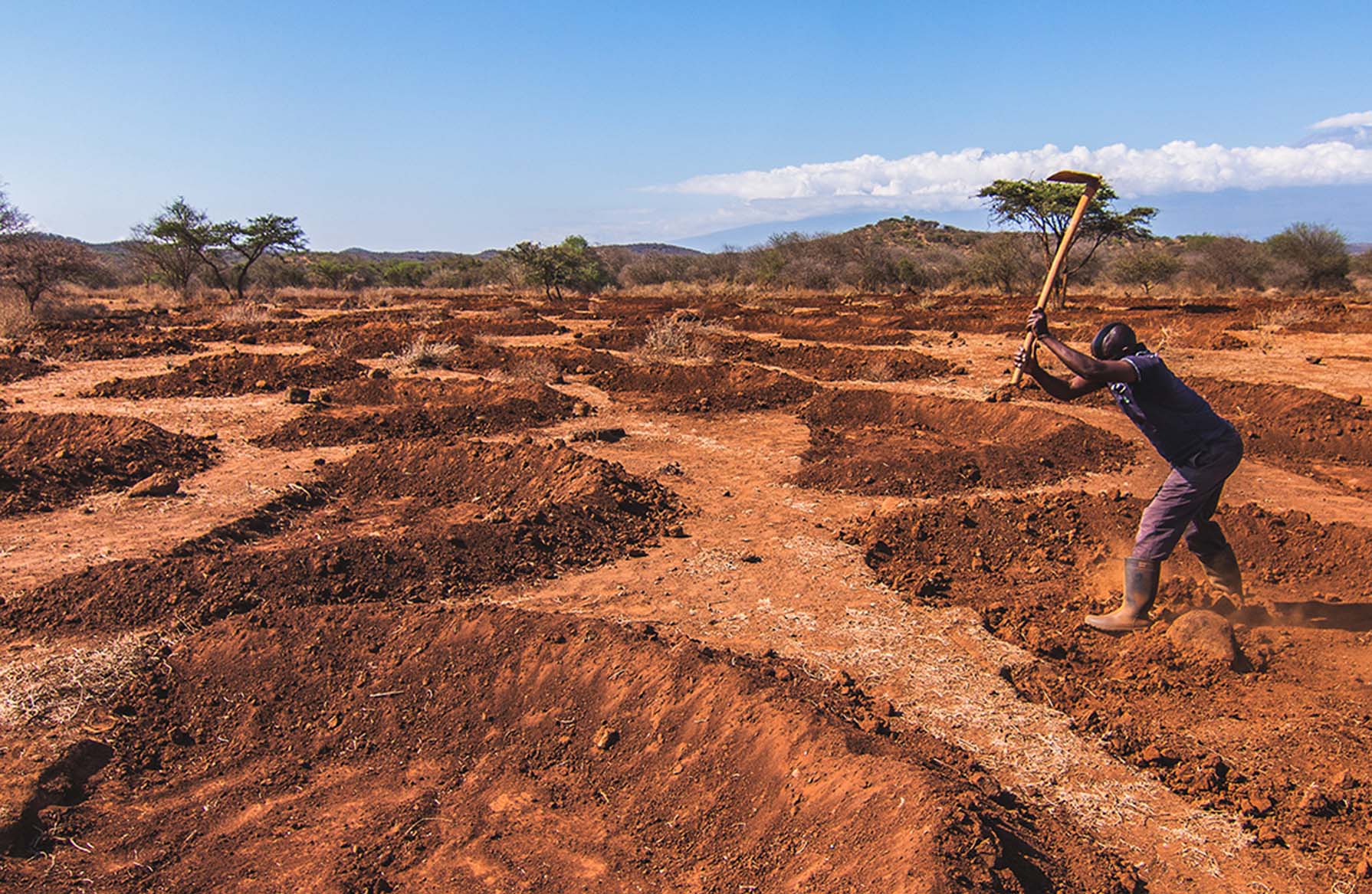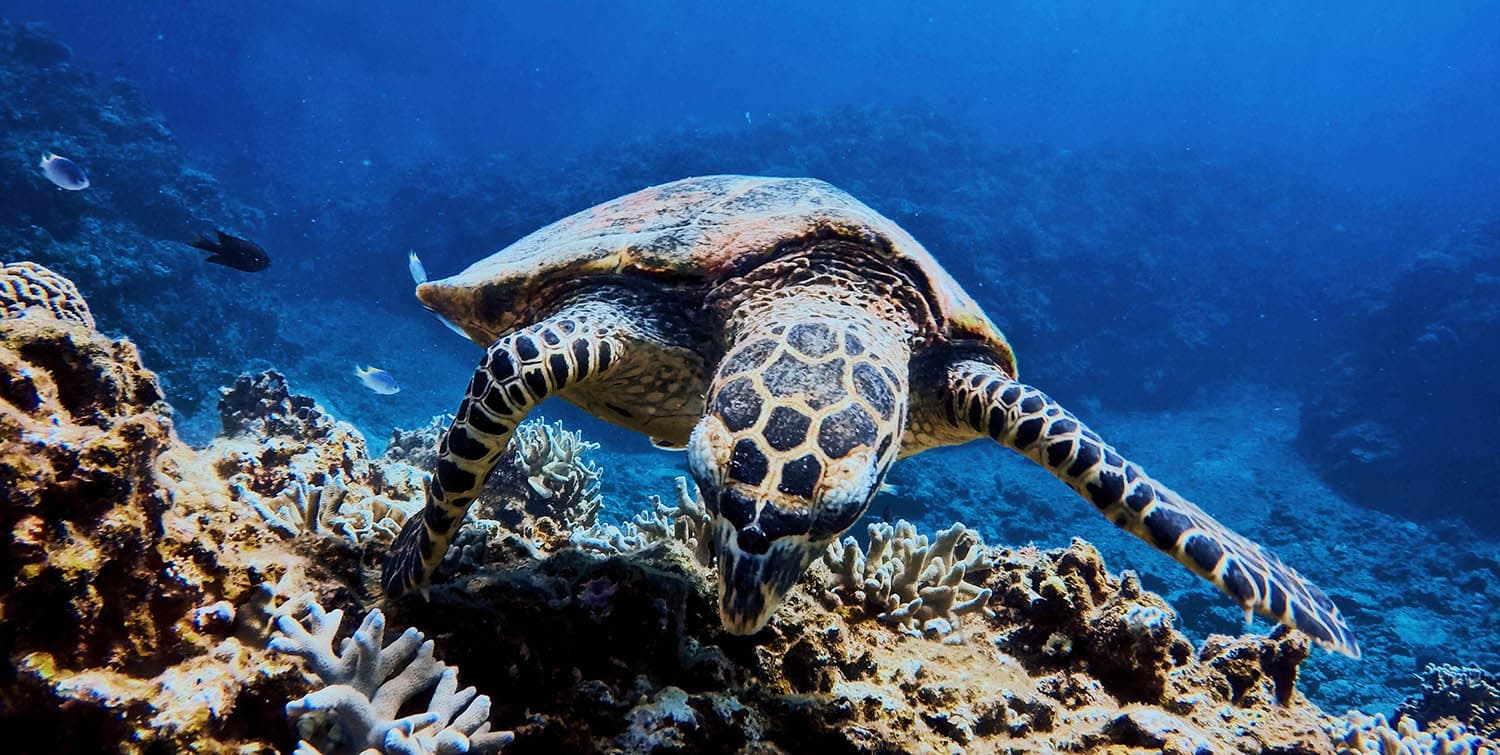

Our Global Impact Fund
In association with the World Sustainability Congress, HH Global is supporting high impact carbon removal and biodiversity protection projects globally
Voting is now closed

Want to do more? Donate now
These inspirational projects need your support. Donate now to help them continue their planet-saving sustainability work.
The HH Global Impact Fund Projects
Explore the projects and their impact
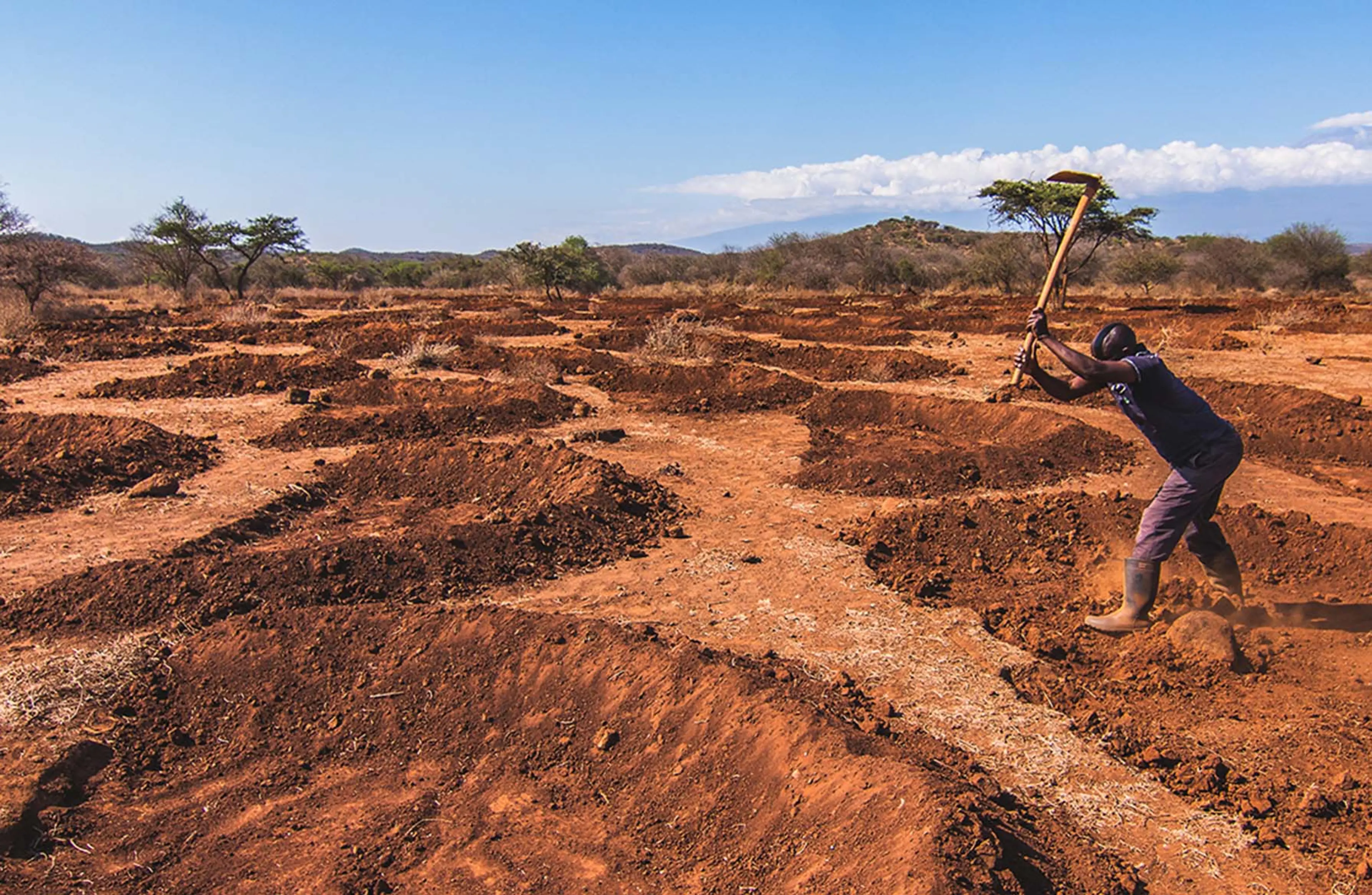
Regreening - Rainwater Harvesting – Water Bunds (Earth Smiles)
Nature-based solutions are now recognised as a key element of tackling climate change. Justdiggit, restores desertified, dry land using proven techniques including rainwater harvesting (digging bunds, or ‘earth smiles’).
Find out more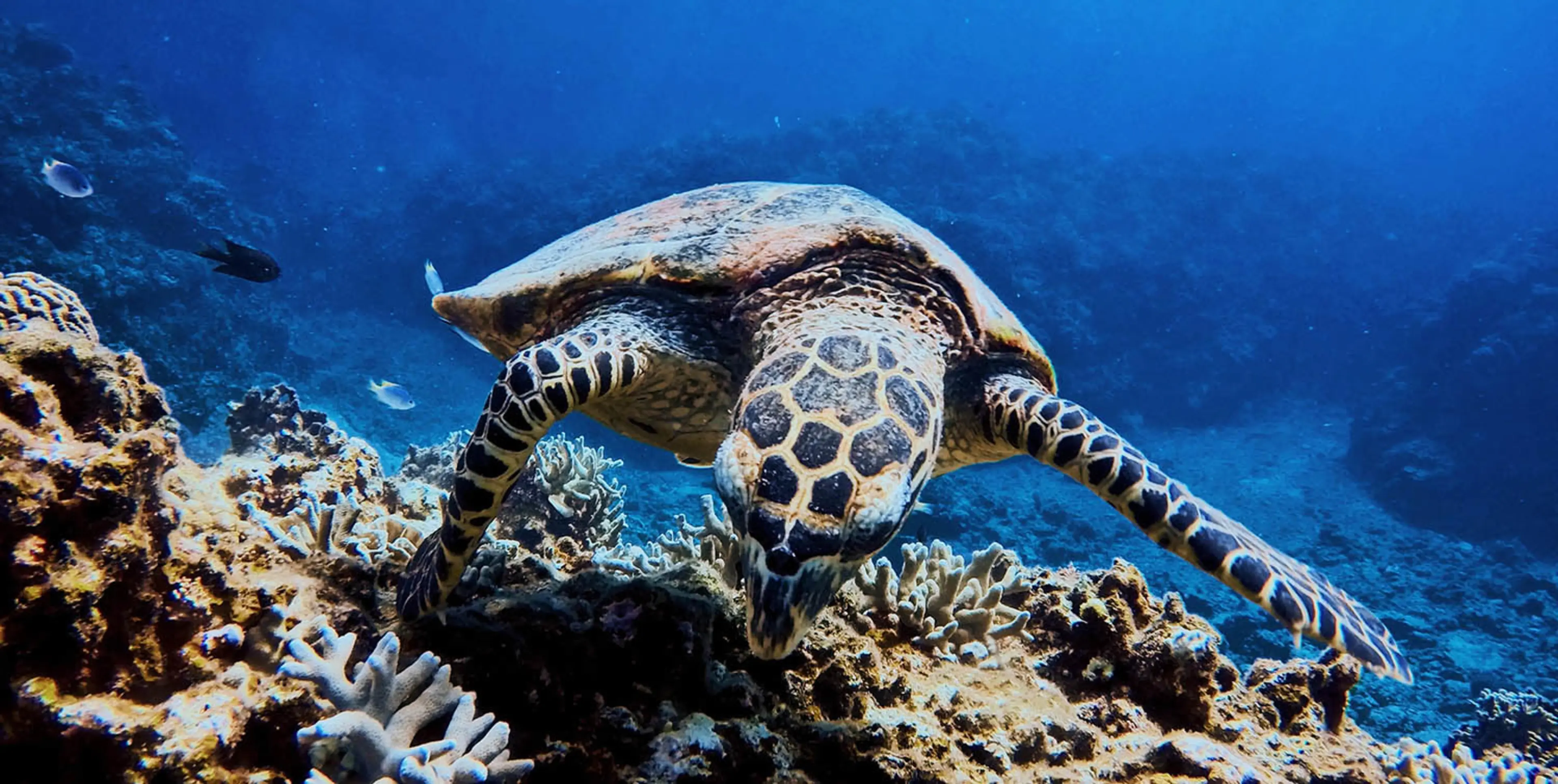
Turtle hatchling protection
Six out of seven species of sea turtles are threatened or endangered. This project protects this "keystone species". This project provides grant funding to the organisations working on small budgets. The funds go towards paying local residents to patrol important turtle nesting beaches, protecting turtles that come up to nest and ensuring that the eggs are protected, and guiding the hatchlings to the sea. SEE Turtles grants have already resulted in 10 million hatchlings being saved! They’re aiming to save 1 billion.
Find out more
UNDO Enhanced Rock Weathering – Canada
UNDO spreads crushed wollastonite rock on agricultural land, enhancing soil health while removing carbon dioxide from the atmosphere through a process called enhanced rock weathering. Enhanced rock weathering is a nature-based carbon removal technology that permanently locks away CO₂ from the atmosphere.
Find out more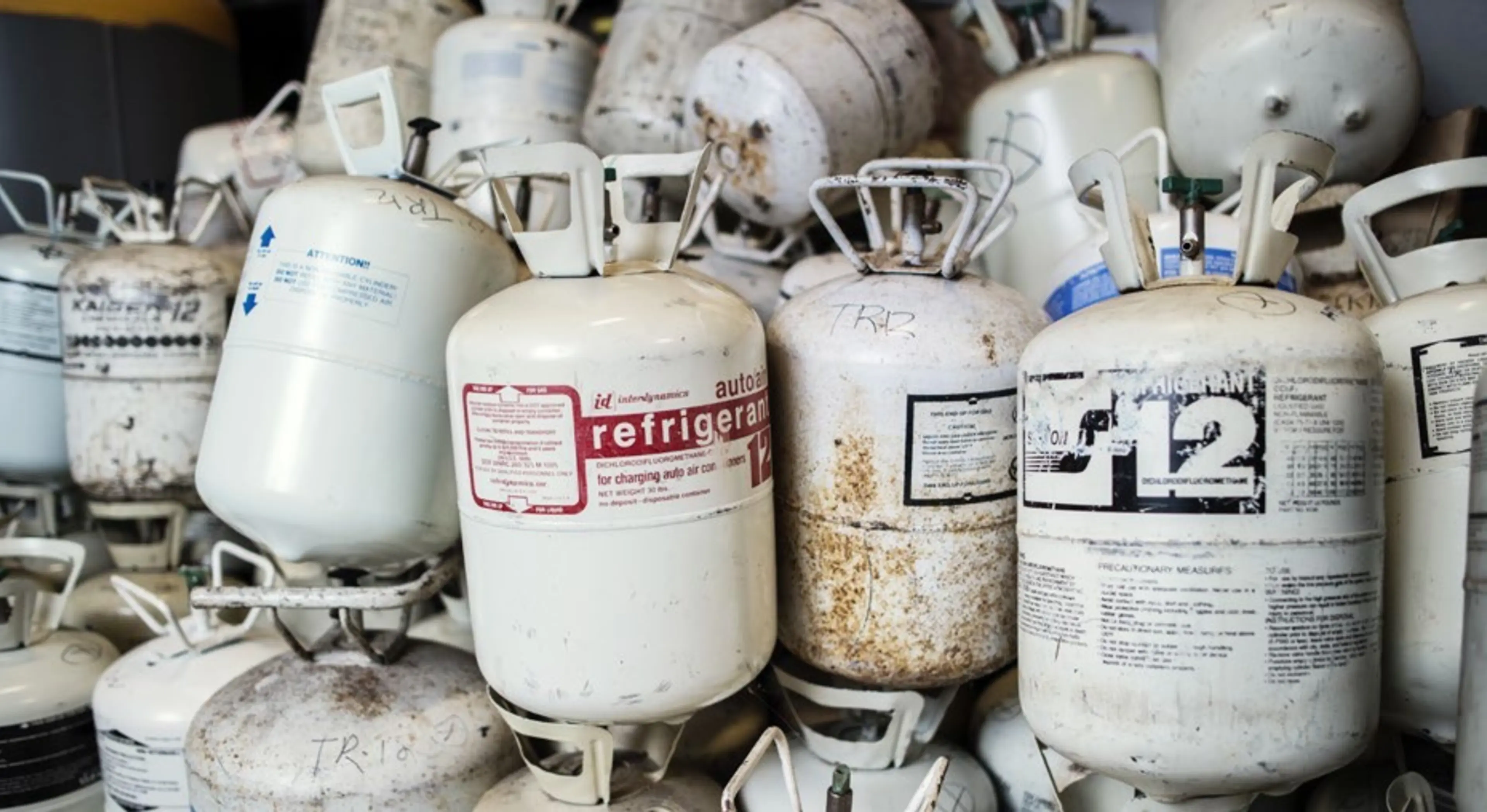
Greenhouse Gas Destruction
Tradewater exists to improve the environment by collecting, controlling, and destroying refrigerants and halon fire suppressants, which are potent non-CO2 greenhouse gases (GHGs), some of which deplete the ozone layer. This collective activity seeks to prevent the annual release of at least 3 million tons of CO2 equivalent into the atmosphere and is critical to avoiding climate change. The Montreal Protocol effectively banned new production of ozone-depleting substances, but large volumes were produced before the ban, risking re-release into the atmosphere.
Find out more